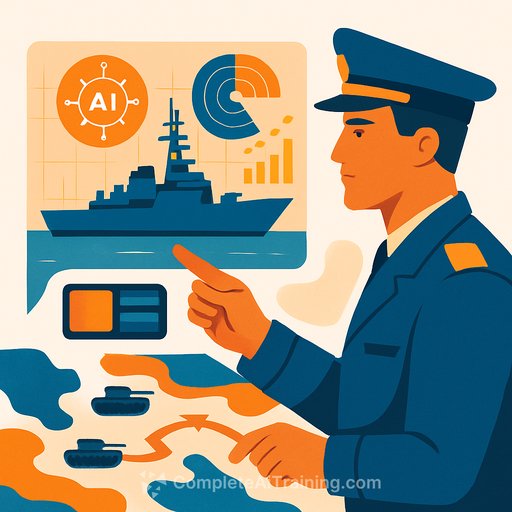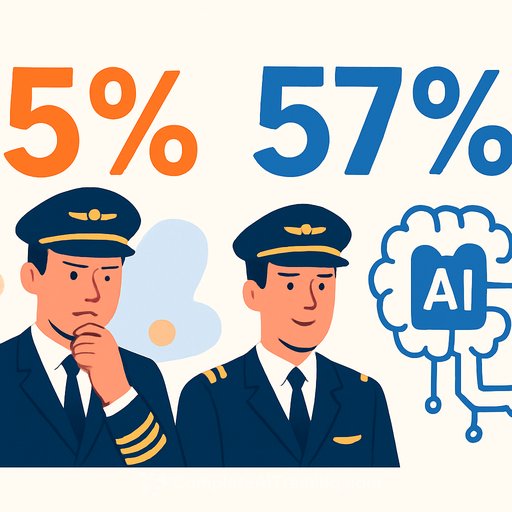Navy Chief Data and AI Officer Outlines New Strategy for AI and Data Weaponization
The Department of the Navy is set to finalize a new data and AI weaponization strategy aimed at accelerating how insights from data translate into tactics and technologies. Stuart Wagner, the Navy's chief data and artificial intelligence officer, announced that the strategy's final draft will be signed within the next month. This plan outlines six primary objectives, including:
- Moving AI systems swiftly from pilot phases to operational deployment
- Equipping naval personnel with essential data and AI skills
- Enhancing collaboration with industry partners, academia, and allied nations
Why Weaponizing Data is Critical
The pace of decision-making in modern warfare hinges on the OODA loop—observe, orient, decide, act—which is now faster than ever. Wagner highlighted the conflict in Ukraine as an example, where new tactics or technologies, such as drone use, are met with countermeasures within hours. This rapid cycle demands that the Navy develop the ability to analyze data and quickly adapt tactics and technologies.
Wagner emphasized the urgency with regard to a potential Chinese invasion of Taiwan projected for 2027. With limited time to rebuild naval capabilities, the focus will be on refining existing assets to stay ahead. “27 is not far off. We’re not going to rebuild the fleet in a year,” he said.
Accelerating Data Weaponization
Despite an abundance of data sources, much of the information collected by the military remains unanalyzed by either humans or AI. For example, forward-deployed warships often lack the communications infrastructure to send data instantly to command centers. Wagner noted that, in some cases, physically transporting data storage devices remains faster than digital transmission.
The upcoming strategy seeks to improve the speed at which data is moved and analyzed by advanced AI systems, enabling human decision-makers and developers to respond effectively to emerging threats. Additionally, Wagner called for updates to Pentagon classification policies and AI regulations to unlock further opportunities, including the use of large language models like chatbots to support real-time decision-making.
Executives and strategists looking to understand how AI and data can be effectively integrated into defense operations may find value in exploring courses on AI applications and strategy to keep pace with these advancements.
Your membership also unlocks:






